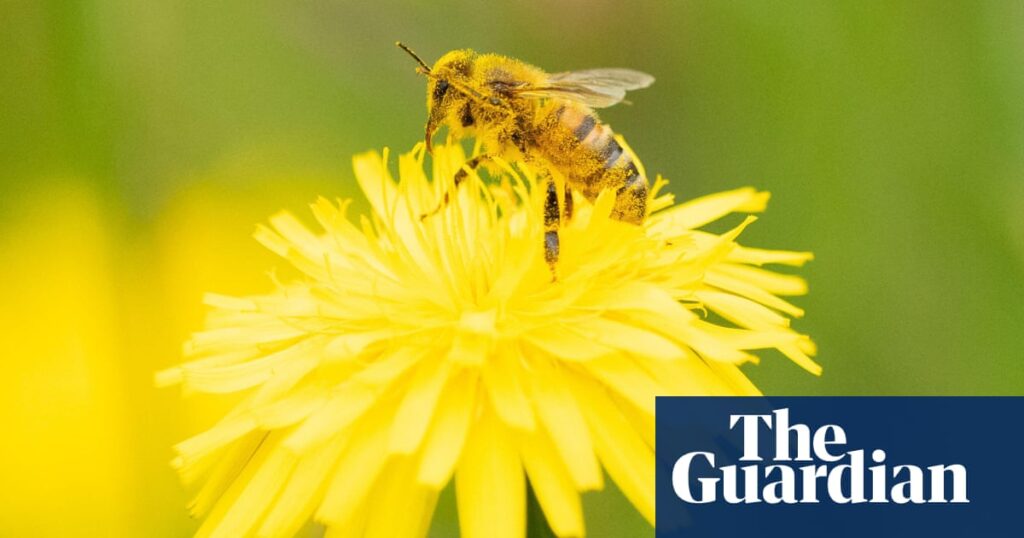A study from the University of Sussex and Rothamsted Research, based on the world’s longest-running ecological experiment, revealed that high levels of common fertilizers applied to grasslands led to a 50% decline in pollinator numbers and a fivefold reduction in flowers. The research, published in NPJ Biodiversity, highlighted that bees were significantly affected, with the most fertilized plots having over twice as many bees compared to unfertilized areas. Fertilizers promote the dominance of fast-growing grasses, which crowd out diverse flowering plants essential for pollinators. UK grasslands, where the average fertilizer use is around 100 kg per hectare, face severe biodiversity loss, with 97% of wildflower meadows disappearing since the 1930s. The findings underscore the dilemma for farmers: enhancing flowering plant and pollinator diversity may require reducing soil fertility, which could lower crop yields. To support biodiversity-friendly practices, the researchers advocate for financial incentives for farmers. The study emphasizes the trade-off between grassland yield and biodiversity, potentially affecting soil health and resilience to climate change.
Source link


